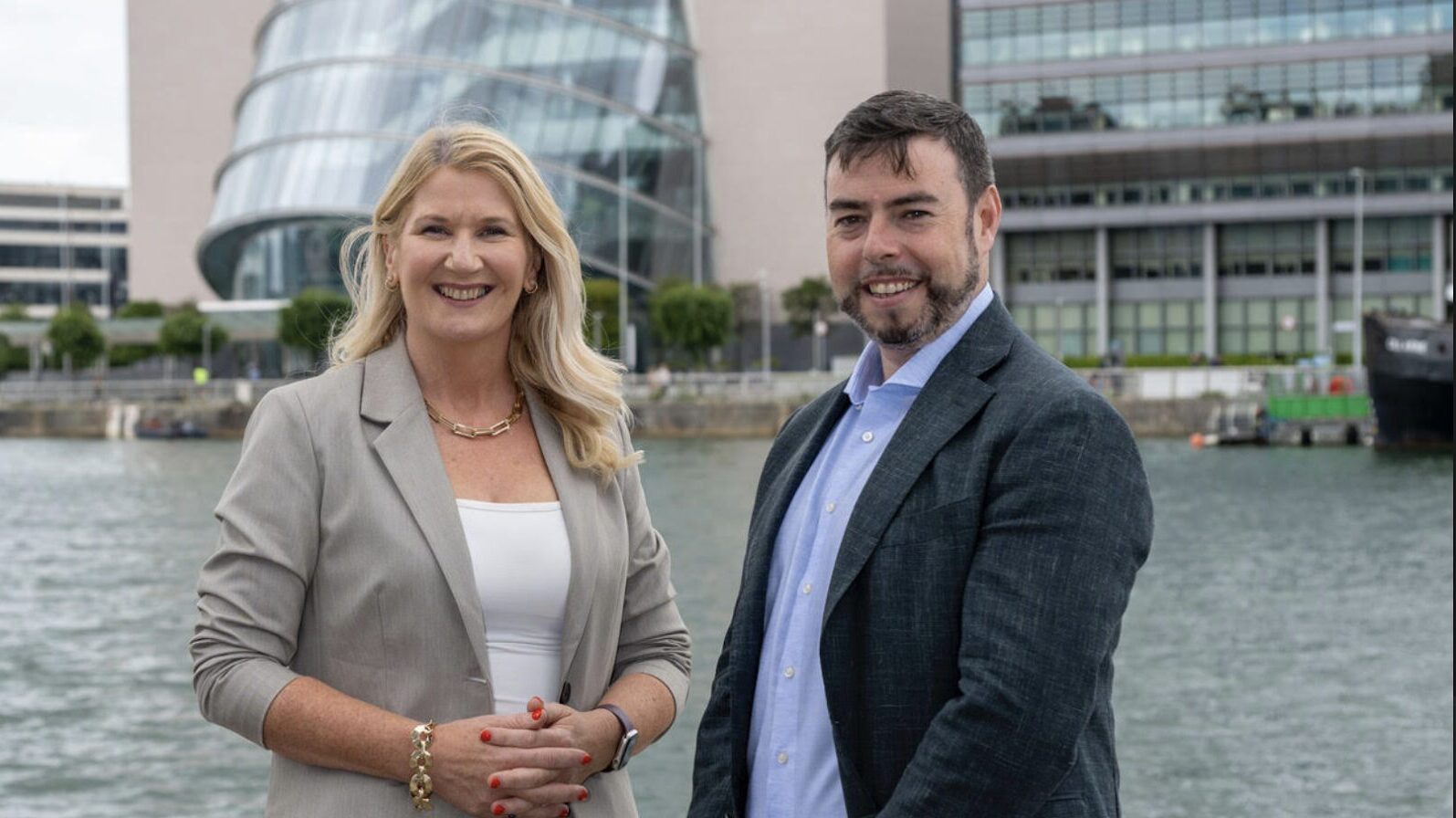For years to come, sociologists, social researchers and behavioural scientists will continue to examine the effects of the Covid-19 crisis on humans and wider society for its impact is so vast and multi-dimensional that it will require extensive analysis before we can truly understand the full impact of the pandemic. The collective anxiety that we are all trying to individually manage will have conjured up novel emotions for some and intensified existing mental health issues for others. While many seem to have adapted well given the trying circumstances, as we emerge from the cocoon of our homes, there are no existing blueprints to follow for our post pandemic lives. We will have to design the blueprint together and that is going to require careful consideration and bravery in equal measure, risk taking and enduring leadership.
We are learning hard lessons now that we didn’t willingly sign up for and there is no opt out function. Forced through unimaginable circumstance, we are active participants and there is an overwhelming sense that these lessons will stay with us. In these past weeks, we have seen the best of ourselves in the worst of situations and while it may seem like we will reach the end of the fight when the Government lifts the restrictions imposed as a result of Covid-19, unfortunately, it will only be the beginning in terms of tackling the very real economic challenges that lie ahead.
The pandemic has demonstrated, in a most acute way, how inter-dependent we are – people, systems, communities, economies, societies and countries. One thing is for certain, the inter-connectedness that led to the spread of Covid-19 in the first place will be a key facet of our recovery.
At a Government level, the primary focus has rightly been on the public health strategy. We know that nothing matters more than human life. We feel the collective sense of loss for those who have sadly lost their lives and with the same intensity, we are extremely grateful that the efforts of the frontline staff have saved so many.
It has been heart-warming to see the actions taken by people in communities all over Ireland, and businesses of all sizes and from all sectors, playing their part in responding to the crisis too. But while we deal with the here and now, there are also very serious concerns for the future. There is no doubt that the same level of creativity, agility, skilful decision making, and stamina will be required to reboot our economy.
We don’t yet know the overall impact or timeline and in the absence of one, we can use this time to plan for different scenarios. Time spent on scenario planning will not be time wasted as it is most likely that we will need to use a combination of strategies, and test and learn in real time, with the likely phased return approach announced by the Government.
In recent times, I have had a keen interest in the subject of resilience building in children, sparked by a robbery in my home where one of my children was the first to discover the aftermath. One of seven siblings, I very much doubt my parents ever consciously discussed the subject, but through this personal experience I came to realise that resilience building is very much front of mind for parents nowadays, and similarly, leaders too. According to the Stockholm Resilience Centre, “resilience is the capacity of a system, be it an individual, a forest, a city or an economy, to deal with change and continue to develop. It is about how humans and nature can use shocks and disturbances like a financial crisis or climate change to spur renewal and innovative thinking”.
In his book, Building Resilience in Children and Teens, paediatrician, Dr. Kenneth Ginsburg, talks about the 7 Cs of resilience – competence, confidence, connection, character, contribution, coping and control.
It is useful to think about these principles in relation to our current context and adapt and apply them to the business setting as a possible resilience building framework for how we can help our colleagues and businesses in the post Covid-19 world.
None of these principles can be brought to bear on people and in turn, organisations, without communications to fuel their enablement. Many organisations quickly adopted intensive communications plans as part of their business continuity plans in the early stages of the Covid-19 crisis. Those plans are well activated at this stage and companies and organisations are beginning to find their new rhythm. We will need to prepare ourselves to change gears once again in the next phase with unchartered territories ahead in the lingering aftermath of the coronavirus.
Key to rebooting our people and our economy will be effective communications. We need to communicate to:
Drive Competence:
When large scale disruption happens, it can erode a sense of competence at an individual and organisational level. Upended from our former way of life, we become fearful and vulnerable, however, it is true that in times of adversity, we discover new things about ourselves that can add to our competency levels. Leaders should communicate, frequently and widely, about the successes during the lockdown phase, and seek out and celebrate the new competencies that emerged during the crisis as a demonstration of how we have and will prevail in the future. This renewed sense of competence will ignite great momentum behind the organisation and re-focus the collective mind.
Restore Confidence:
Undoubtedly, confidence has been rattled. This is true at an individual, societal, organisational and economic level. With such a prolonged, unprecedented event, it would be wildly unrealistic to expect pre-Covid-19 confidence levels to remain intact. But just as confidence can be undermined, it can equally be restored. Organisational confidence is built through high degrees of competence amongst individuals that is directed towards realising a clear, more exciting vision for the future. The task ahead is to optimise competencies and communicate a clear plan for how the business or organisation is going to get back on track. Show the possible to attain the achievable.
Sustain Connections:
Connections tell us that we are not alone. In times of adversity, bonding intensifies and, in many ways, a strong sense of connectivity, both within and outside the organisation to wider society, has been the lynchpin of what has kept businesses and organisations going throughout the crisis. Connections fuel progress and should be deepened and reinforced to overcome the myriad of challenges that lie ahead.
Make clear the Character of the Organisation:
The character of the nation has shown itself over these past couple of months. It has proven itself to be decent, sincere, generous and spirited. The character of many businesses and organisations have come to the fore too and while an unwelcome stage, the pandemic has presented an opportunity for leaders to convey the character of the organisation. Decisions that have been taken will be intensively scrutinised whether right, or wrong, but those decisions will not end with the departure of Covid-19 for in its wake the virus will have left plenty of opportunities for leaders to demonstrate the true character of the organisation.
Acknowledge the Contributions:
Ginsburg advises that being willing to ask for help is a key component of resilience. Instead of feelings of inadequacy, it leads to empowerment. In a collective effort to adapt in order to maintain the health and wellbeing of employees, who in turn contributed to maintaining the performance of the businesses and organisation, a key determinant of a successful recovery will be to recognise, early and frequently, the contributions of all. In doing so, this will also create the conditions for people to ask for help when they need it in the future too.
Explain how to cope:
Our coping mechanisms have been severely tested over these past weeks. The reality is, people cope in different ways and have widely varying trigger points for stress. One of the biggest lessons I have learned is that coping is about the ability to pace yourself at each stage and identify sources that provide energy, resolve and perspective. Accepting that the best laid plans that we set out to achieve in 2020 will now need adjustment, is part of the coping experience. Leaders need to refocus the organisation on what success looks like by the end of 2020 and beyond. Sustainable business has never been about the short-term. Decisions taken now are about ensuring that the organisation can cope with what’s to come, remain agile, develop creative solutions and sustain itself into the future.
Set out what is within our control:
The pandemic has powerfully demonstrated how little control we can have as humans. A successful recovery will see us regain some of the control we lost as a result of Covid-19 and as restrictions are lifted, we will also need to reimagine what is within our control and acknowledge that which is beyond reach in the next normal. When people understand what is within their control, they will strive to reach those goals in the post Covid-19 world.
A powerful catalyst for the process of recovery can only begin through skilled and effective communication.
As we re-build each other, our confidence, communities, businesses, organisations and our economy, we can take some solace from the fact that previous generations have overcome grave difficulties in the past. Over 100 years ago, Yeats wrote: “All changed, changed utterly…”. Those words have undoubtedly taken on a deeper meaning for a new generation.
It is now our turn to make an indelible mark on the history books of the future as we strive to return with unrelenting determination, armed with new competencies, deeper connections, stronger character and a voracious desire to succeed.
Printed with permission from Sharon Murphy, MPRII, Chief Executive, Wilson Hartnell


